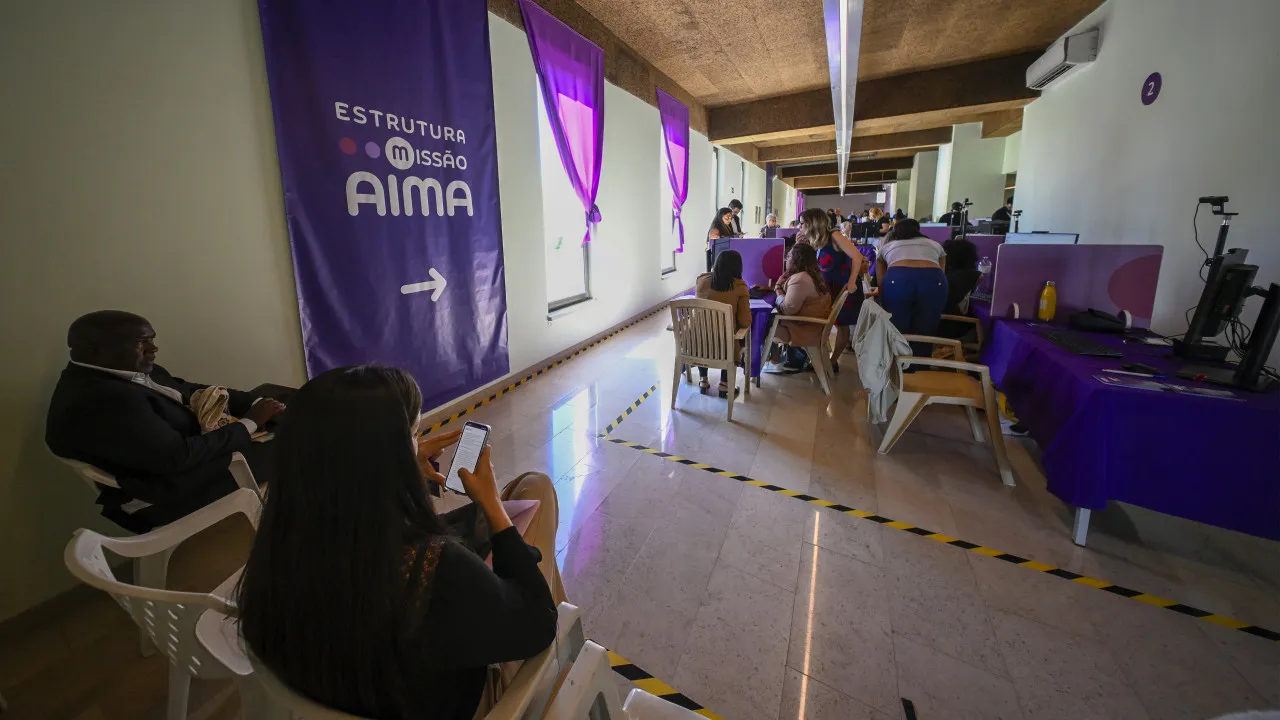
The bill had previously been introduced by IL in the last legislative term, but it did not reach a general vote due to the collapse of the government and subsequent dissolution of the Assembly of the Republic.
In the explanatory memorandum of the bill, submitted to parliament today, IL notes an “excessive volume of urgent cases” filed against the Agency for Integration, Migrations, and Asylum (AIMA) in the Administrative Court of Lisbon (TAC).
As an example, IL cites that, since January of this year alone, 42,251 cases have been filed in the TAC of Lisbon, “of which 39,487 are against AIMA, amounting to 93.46% of cases in progress.”
“Given the urgency and priority of injunction processes, delays are inevitable, impacting not only the court’s function but also the judicial system as a whole, undermining the speed and effectiveness of Portuguese justice,” the memo states.
IL recalls that the law stipulates injunction processes must be decided within a maximum of one month and emphasizes that, due to the volume handled by the TAC of Lisbon, this timeframe is being “greatly exceeded,” jeopardizing fundamental rights.
Highlighting the seriousness of the issue, IL believes that a “profound and efficient reform of immigration mechanisms and a faster and more effective judicial response” is necessary. However, they are proposing a bill to provide an immediate response to the situation and prevent the continuous “overloading” of the TAC of Lisbon.
In the bill submitted today to the Assembly of the Republic, IL amends a provision of the Code of Procedure in Administrative Courts so that injunction cases against AIMA fall under the jurisdiction of the court in the area where the applicant initiated their reception and immigration process, “or where it was filed, in case it started in Lisbon.”
Regarding cases against AIMA still pending in the TAC of Lisbon, IL proposes they be “redistributed to any administrative court by the Superior Council of Administrative and Fiscal Courts, which may delegate to the president or another of its members.”
In an explanatory text of the bill sent to journalists by IL, the party asserts that this measure will not burden other courts, “because there is a redistribution criterion that will be considered by the Superior Council of Administrative and Fiscal Courts.”
“And because these cases are extremely fast and require very little evidence. Mostly, they are always documentary,” the text reads.




